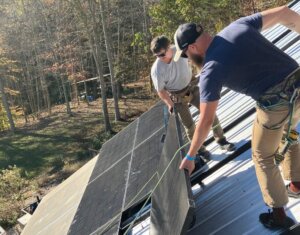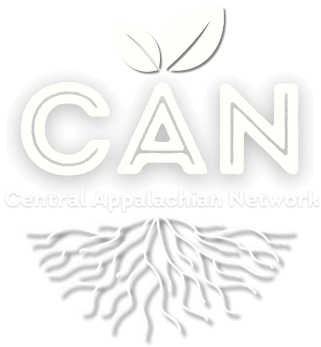The Climate Resilience and Adaptation Working Group (CRAWG) is working towards proactively fostering communities in Central Appalachia where there is widespread acceptance and implementation of strategies for climate resilience, adaptation, and mitigation.
STRUCTURE
The Working Group strives to ideate and collaborate on opportunities to share resources and develop best practices in Central Appalachia.
GOALS
1. Develop a comprehensive understanding of existing models and tools to enhance climate resilience
planning, adaptation, and mitigation in rural communities.
2. Establish coordinated structures for resource sharing, research collaboration, funding opportunities,
and joint projects.
3. Ensure the availability of accessible models and tools that effectively engage communities in
resilience planning and response, informed by research and gap analysis.
4. Create a comprehensive outreach strategy to reach and effectively onboard engaging contractors.
5. Implement and assess the resilience planning and response model through a regional pilot program.
For more details about each goal, view the pdf of CRAWG five year work plan – click here.
WHO SHOULD JOIN
Practitioners and stakeholders involved with preparing, preventing, and educating around climate-based impacts to the “built” environment (the intersection of communities/people/nature).
MEETING DETAILS
Contact our Working Group Coordinator to join the meetings.
- Kim Ross – kim@opencirclestudio.com
CO-CHAIRS
- Dr. Natalie Kruse Daniels, Professor of Environmental Studies at Ohio University
- krusen@ohio.edu
- Betsy Whaley, Director of Strategic Initiatives at Mountain Association
- betsy@mtassociation.org
WORKING GROUP PRODUCTS
Working group products coming soon!

Appalachian EnergyWorks solar installers on a project supported by Mountain Association
PARTICIPANTS
- Mountain Association
- Rural Action
- Appalachian Voices
- Appalachian Sustainable Development
- Invest Appalachia
Memberships are pending as the Working Group invites participants throughout central Appalachia.
